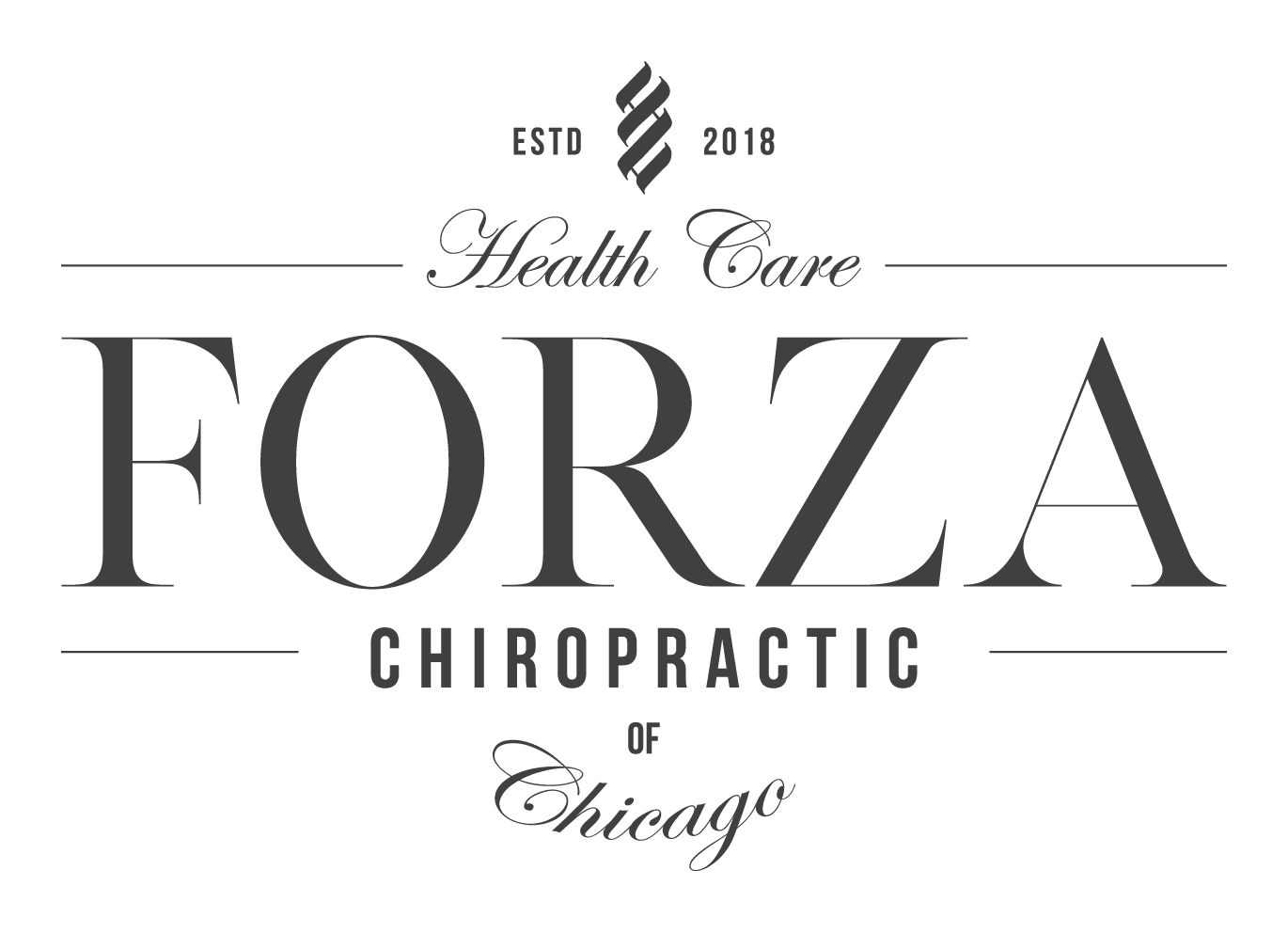Although there are many viable treatments, the best strategy to prevent back pain is always prevention. This article will discuss some effective prevention and treatment tips for back pain.
Maintain a Healthy Weight
When you are overweight, your spine has to bear more pressure, which can lead to uneasiness. To avoid experiencing back pain, it’s important to maintain a healthy weight.
If you are currently overweight, adopting a healthy diet and exercising consistently can help you shed some pounds.
Exercise Regularly
Regular exercise can help strengthen your back muscles and improve flexibility, reducing the risk of back pain. Walking, swimming, and yoga are all great low-impact workouts for persons with back discomfort.
Start out cautiously, then progressively up the duration and intensity of your workouts.
Improve Your Posture
Poor posture can put undue stress on your back muscles and spine, leading to back pain. Maintaining good posture can help prevent back pain. Make sure to maintain a straight back, relaxed shoulders, and flat feet while sitting and standing.
Do not slouch or stoop over your computer or desk.
Use Proper Lifting Techniques
Improper lifting techniques can cause back pain. When lifting heavy objects, use your legs instead of your back muscles.
To lift an object safely, you should bend your knees, maintain a straight back, and hold the item close to your body. It is important to avoid twisting your spine to prevent any potential injuries.
Quit Smoking
Smoking can cause back pain by reducing blood flow to the spine and limiting the delivery of nutrients to spinal discs. Quitting smoking can help improve spinal health and reduce the risk of back pain.
Manage Stress
Stress can cause tension in your back muscles, leading to back pain. Discover techniques to handle stress, like practicing meditation, doing yoga, or performing deep breathing exercises.
Getting enough sleep and taking breaks during the day can also help reduce stress levels.
Get Enough Sleep
Having an adequate amount of sleep is critical for one’s general well-being, which includes the health of the spine. Make sure to rest for a minimum of seven to eight hours every night.
Sleeping on a firm mattress can also help support your spine and prevent back pain.
Treat Back Pain with Heat and Cold Therapy
Heat and cold therapy can help alleviate back pain. Applying a heating pad or warm towel to your back muscles can help to ease tension and increase blood flow.
Cold therapy, such as an ice pack, can help reduce inflammation and numb pain.
Consider Physical Therapy
Physical therapy can help improve spinal mobility, strengthen back muscles, and reduce the risk of back pain. A physical therapist can create a workout plan that is personalized to meet your individual requirements and health status.
Consider Chiropractic Treatment
Back pain can also be treated with chiropractic care, which involves adjusting the spine to promote spinal health and reduce discomfort.
Chiropractic treatment may include manual manipulation of the spine, massage, stretching exercises, and other techniques to help improve spinal mobility and reduce inflammation.
While chiropractic care can be effective for some people with back pain, it is important to choose a qualified and licensed chiropractor and to use chiropractic care as a complementary treatment, along with other treatments prescribed by your healthcare provider.
Take Pain Medication as Directed
You can use painkillers that are available without a prescription, like acetaminophen or ibuprofen, to ease your back pain. It is crucial to adhere to the guidelines stated on the label and not exceed the suggested dosage or duration of use.
When to Seek Medical Attention
Many instances of back pain can be treated at home with self-care methods and typically subside within a few weeks. However, if your back pain persists or is severe, you should seek medical attention.
Also, if you experience any of the following symptoms, seek medical attention immediately:
- Numbness or tingling in your legs
- Loss of bladder or bowel control
- Weakness in your legs
- Unexplained weight loss
Conclusion
There are several effective prevention and treatment tips that can help alleviate back pain and improve spinal health. Chiropractic care is also a popular treatment option that can be effective for some people with back pain.
However, it should be used as a complementary treatment along with other treatments prescribed by your healthcare provider. You should get medical attention right away if your back pain is severe or chronic.
Are you looking for a trusted Arlington chiropractor near you? Hawkeye Chiropractic, led by the reputable Dr. Drew Voelsch, is a full-service chiropractic center dedicated to improving your overall health and wellness. Schedule an appointment with us today!
